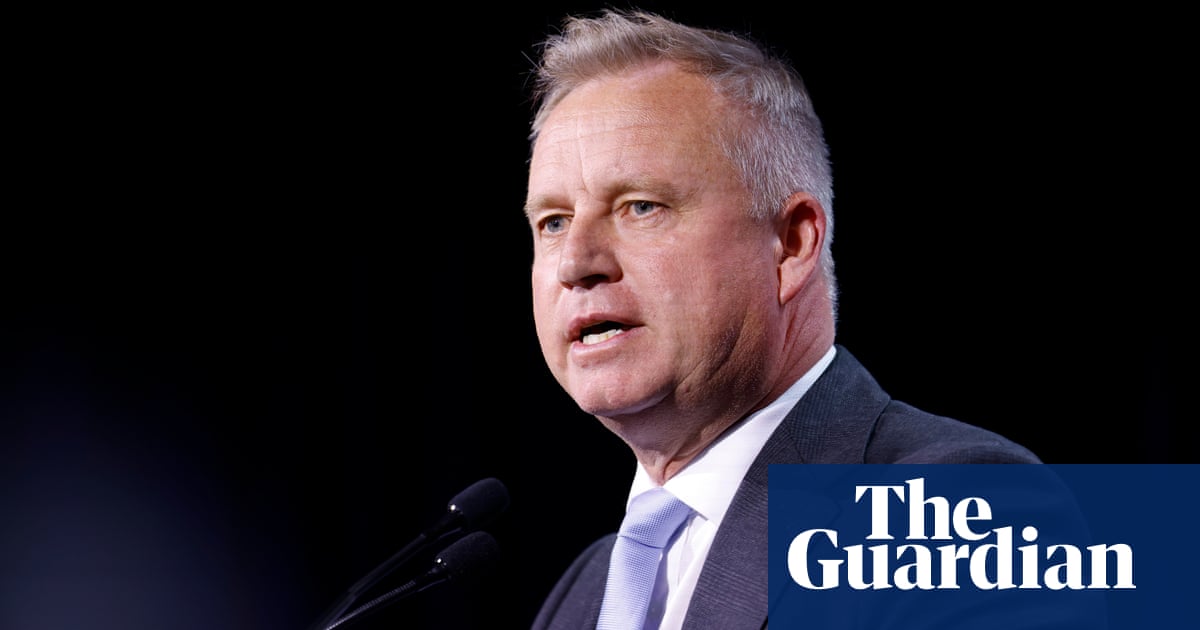
SOFIA (Reuters) -Bulgaria’s Prime Minister Boyko Borissov will have difficulty holding onto power, after a surge of votes in an election on Sunday for anti-establishment and anti-corruption parties that want him out.
Exit polls forecast his centre-right GERB party to remain the largest party in parliament, but with only around 25% of the vote, compared with the 33.5% it won four years ago.
Behind it, the opposition Socialists and a new anti-establishment party founded by a singer vied with each other for second place, and two other protest parties that reject Borissov were also forecast to enter the parliament.
After a decade of dominating Bulgarian politics, Borissov has few natural coalition partners.
Weeks of talks, or even another election, cannot be ruled out, meaning Bulgaria, the European Union’s poorest member, may have difficulty tapping the EU’s 750 billion euro ($884 billion) coronavirus Recovery Fund.
A former fireman and bodyguard, Borissov, 61, sought to showcase his successes in modernising Bulgaria’s creaking infrastructure in a low-key campaign after his popularity was eroded last year by massive rallies against corruption and the power of oligarchs.
“We are seeing the outlines of one new Bulgaria, where Borissov can continue to win elections with his huge administrative and financial resources, but cannot hold on to power,” said Hristo Ivanov, a leader of the anti-graft Democratic Bulgaria party.
Complicating Borissov’s coalition-building options is the emergence of the anti-establishment There is Such a People party of popular TV host and singer Slavi Trifonov. A Gallup International exit poll put it second, ahead of the Socialists, while a poll by Alpha Research had them in reverse order.
Trifonov, 54, whose concerts peppered with patriotic songs have attracted thousands, has ruled out governing with either GERB or the Socialists.
Democratic Bulgaria, one of biggest forces in the massive protests last summer, won some 10-11%, the polls showed. Another protest party, Stand Up! Mafia Out! will also enter the next parliament.
Slideshow ( 4 images )
CORRUPTION
Borissov’s government has presided over a 36% increase in the average monthly salary to 1,468 levs ($882), has kept public debt low, and secured entry to the “waiting room” for joining the euro currency.
But its failure to tackle endemic corruption and reform the judiciary brought thousands of protesters onto the streets for months during 2020.
The protesters accused Borissov of cosying up to local oligarchs and funnelling EU aid to businesses close to GERB, allegations he denies.
Bulgaria ranks as the EU’s most corrupt member state according to Transparency International. A recent U.S. State Department report on human rights highlights serious problems with judicial independence and media freedom in the country.
President Rumen Radev, a critic of Borissov and an ally of the Socialists, says Bulgaria needs new faces and ideas.
“These election will be the first step to the return to normality, to laws and rules,” he said after voting on Sunday.
The ethnic Turkish MRF party won 10-11%, polls showed, while the nationalist VMRO party is at 4.0-4.4%. The threshold to win seats is 4%. Both have been GERB’s governing coalition allies following the last election.
($1 = 1.6628 leva)










